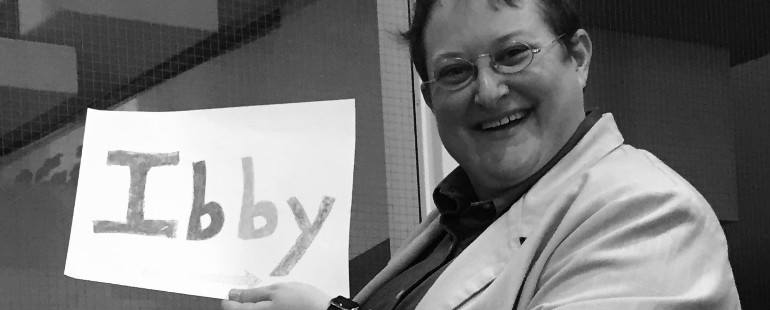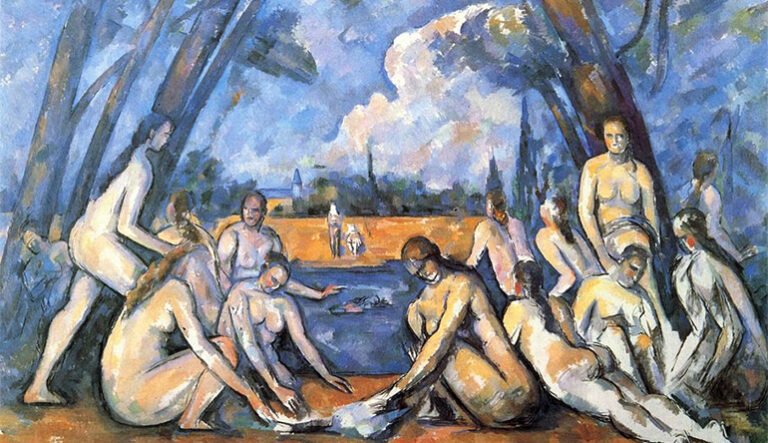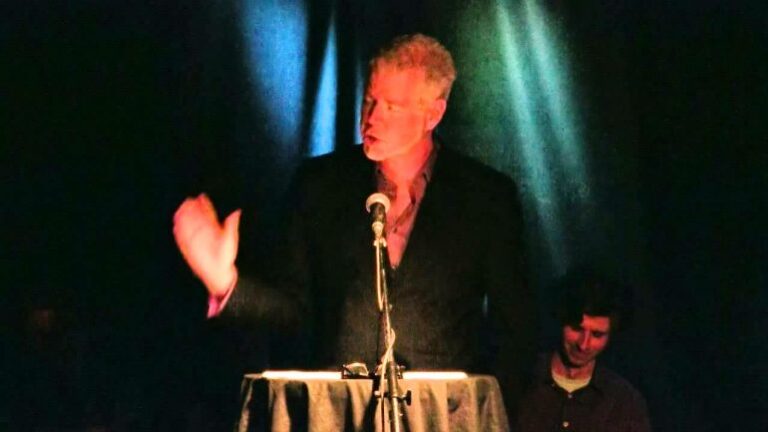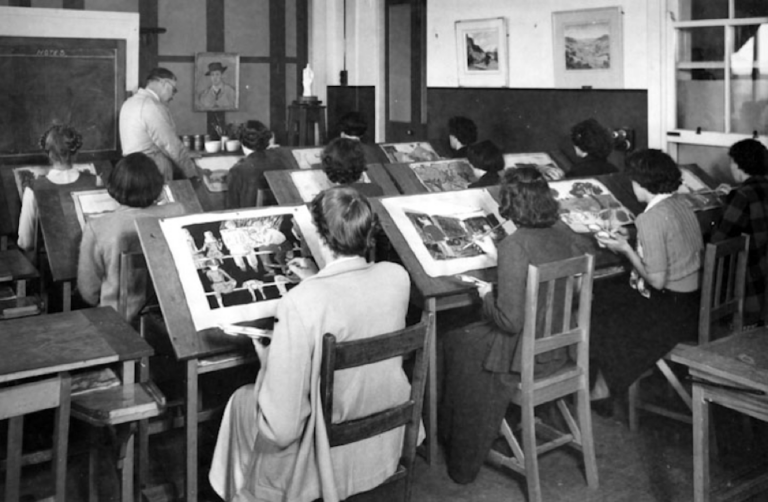Stories are Never Neutral: Disability, Representation, and Autonomous Press

From childhood, we’re taught to see ourselves as others see us. We learn to synthesize “Head, shoulders, knees and toes” into a whole through a complex process of self-identification. We see who and what we’re taught to see, a looping phenomena that means we’re literally made up, and making each other up, of story. But what if we don’t find our stories told? How do we know who we are?
Since history—or, all story—is written by those who control the presses, minority communities have long known the power of owning their own means of production. When I was a younger writer who hadn’t yet figured out my own queerness, the LGBTQ presses (many now defunct: Naiad, Alyson, Firebrand) were still the only way to discover queer fiction. Once these presses taught me how to read queerness in texts, I could see that queer characters, queer authors—and even queer me!—weren’t as uncommon as I’d previously believed. Just as importantly, I started to notice when LGBTQ characters were not present. Before, I’d assumed that was normal.
Stories are never neutral: they’re always written from a point of view, a point of view that’s always partial. Disability rights activists work on many fronts, but none more important than the right of disabled people to tell their own stories. Largely speaking, stories of disability have been told by non-disabled people, whether medical professionals, parents of disabled children, or fictionalized renditions of their lives. We find disability used as “narrative prostheses” to support the character development of non-disabled characters; as a means of “inspiration” to non-disabled readers; and disability itself as something to struggle against, to ultimately overcome.
The late activist Stella Young spoke of such stories as “inspiration porn,” those pervasive tales of perseverance against all odds to achieve feats previously only thought accessible to non-disabled people, and concluded: “I want to live in a world where disability is not the exception, but the norm.”
Recently, I talked with Elizabeth (“Ibby”) Grace, a founding member of Autonomous Press. Ibby is an autistic disability advocate and Assistant Professor of Education at National Louis University in Chicago, where she lives with her wife and two children. I’d first come across Ibby’s writing through her essays written for NeuroQueer, and through the Society for Disability Studies where she serves as a board member. Ibby, together with Nick Walker, Corbett Joan O’Toole, and Michael Scott Monje, Jr., came together in 2014 and launched Autonomous Press in 2015.
Every member of Autonomous Press must either be disabled or identify as disabled. Autonomous Press was founded in part in the tradition of other presses that have been owned and operated by disability communities (such as Advocado Press, publisher of Disability Rag and The Ragged Edge), but also taking inspiration from labor presses and other IWW job shops. At a time when disabled workers are often paid far less than minimum wage, Autonomous Press is worker-owned, and all contributors are paid. In its first year of operation, two of its books were nominated for Lambda Literary Awards. (Fading Scars: My Queer Disability History by Corbett Joan O’Toole – LGBT Nonfiction; and Defiant, by Michael Scott Monje, Jr. – Transgender Fiction)
Ibby told me in an email:
We are proud to be owned and operated cooperatively by disabled workers who are members of the IWW. I think we come from a great history and also offer some important innovations. We seek to get disabled voices recognized academically by, for example, having our books adopted as course texts. Meanwhile, we identify strongly and publicly as disabled and ask everyone we work with to consider openly their own relation to disability—like Corbett said here—and to use language that people can read. (I wrote about this for the feminist wire.) We actively seek work from people who may not have thought they could write a published book, and work with them to get there, and are pioneers in making sure provided texts are accessible to screen readers and Bookshare.
I asked Ibby, “How is Autonomous Press’s mission of diversity being received by the community at large?”
Ibby wrote:
The Queer community has been especially welcoming through the Lambda awards, which were a wonderfully intersectional experience. People of color also have been enormously supportive as well as generous with their writing. We have some books in the pipeline that will shake the world. Additionally, we have future plans for an imprint that allows us to identify and amplify voices of people who do not identify as disabled but are in the minority or margins and have things to say. This will allow us access to greater connections as we read each other’s thoughts and lives.
Life is not a ‘single-issue’ experience. We are a disabled press, and our catalog is increasingly indicative of our diversity on many axes. Additionally, it happens that the partners now who originated the press are all gender or orientation queer, multiply disabled, people of color—and usually more than one of the above! Amplification is our reason for existing, and we as partners intend to leverage our relatively higher profile and access as scholars and artists to open the gates even farther. People want to read real things and we seek them out and put them in print!
With nearly one in five Americans (19 percent according to the 2010 census count) identifying as disabled, disabled people taken as a whole make up the single largest minority community in the United States. In the influential VIDA count of 2015, disability was included as one of several new aspects of intersectionality in published writing. Six of the fifteen publications included in VIDA’s main count reported no bylines by authors who identified as disabled, while several other publications reported only one apiece.
We owe it to ourselves, and to one another, to better the odds of seeing disabled lives well represented in all of our stories.


